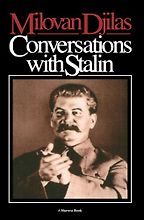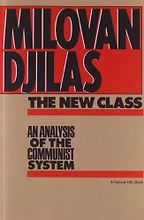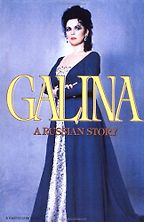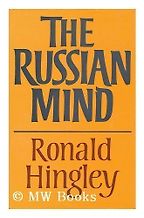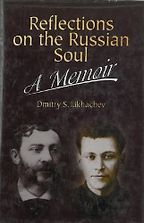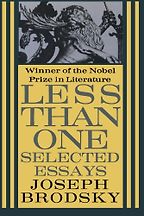Books by Milovan Djilas
“Djilas was Tito’s number two, and negotiated with the Kremlin on various diplomatic missions. He’s a terrific source on the grotesque late-Stalin court – the ghastly, drunken, late-night banquets at Stalin’s dacha, the bullying, fear and paranoia; the way the whole Kremlin circle was completely cut off from reality. Stalin had always been suspicious of Leningrad, disliking its Europhile bent and fearing it as an alternative centre of power. After the war, he purged the city’s party leadership and cracked down on its intelligentsia, most famously on the poet Anna Akhmatova, whose son, having been released from the Gulag to fight for his country, was sent straight back to the camps. Stalin did not, however, engineer the siege–which is one theory that has been around.” Read more...
The best books on The Siege of Leningrad
Anna Reid, Journalist
The New Class
by Milovan Djilas
Djilas observed that instead of getting rid of a ruling class as was supposed to happen, Party members became the ruling class themselves. But it's not a class analysis in the sense that we mean. In Russia you could be a peasant or a worker. You couldn't be an intellectual because it didn't count as a class.
Interviews where books by Milovan Djilas were recommended
The best books on Communism, recommended by Robert Conquest
Esteemed historian of the Soviet Union recommends five books on Communism, from novels and personal narratives to theoretical works.
-
1
Russia at War
by Alexander Werth -

2
A Writer At War: Vasily Grossman with the Red Army 1941-1945
by Vasily Grossman, edited and translated by Antony Beevor and Lyuba Vinogradova -

3
Reflections on the Russian Soul
by Dmitry Likhachov -

4
Less Than One
by Joseph Brodsky -

5
Conversations with Stalin
by Milovan Djilas
The best books on The Siege of Leningrad, recommended by Anna Reid
The best books on The Siege of Leningrad, recommended by Anna Reid
Glorified by Russia, glossed over by the West, the siege of Leningrad is rarely seen for what it was – a tragic story of tremendous suffering and death. The author of Leningrad, Anna Reid, tells us what really happened there
